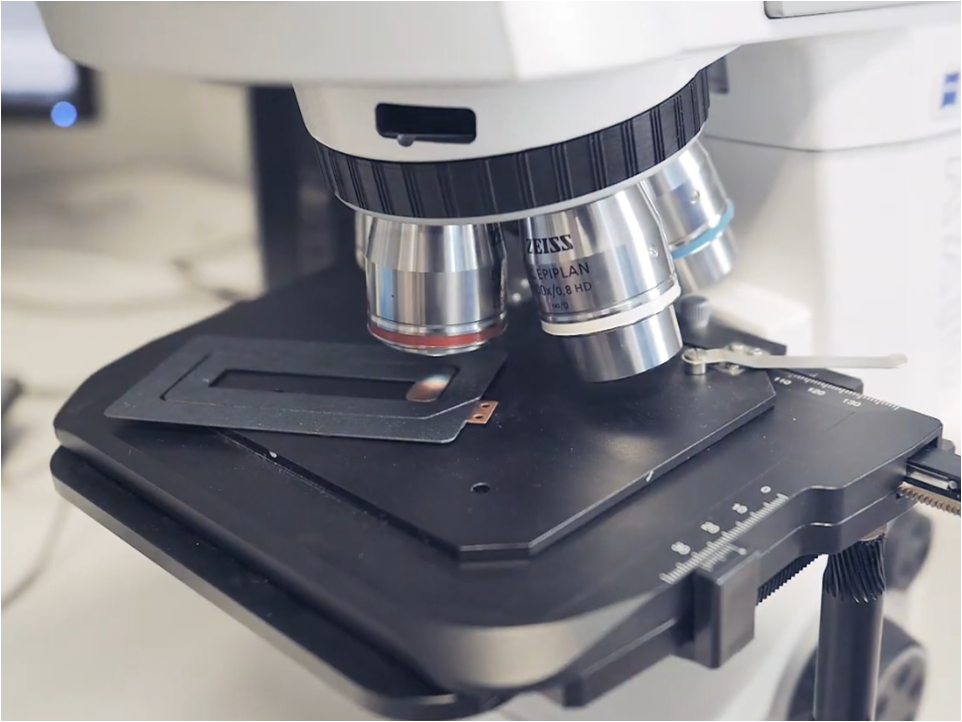Varnished Insulated Busbar - VIB
VIB is a technology development initiate through CleanSky2 European project.
- JTI-CS2-2017-CfP07-SYS-02-43 – Design and Development of a high temperature HVDC busbar
- The project has received funding from the Clean Sky 2 Joint Undertaking under the European Union’s Horizon 2020 research and innovation programme under grant agreement No 821065.
- Duration : 36 months (will end in 2021)
- Leader : ZODIAC AERO ELECTRIC (Subsidiary of SAFRAN Group)
- Consortium: Amphenol (as consortium leader), LSEE (Artois University – France)
- Co-inventors : LSEE (Artois University) & AMPHENOL
We initially aim to design and develop a high temperature HVDC busbar for commercial aircraft.
Partners


Key advantages of the technology:
- High temperature (target: 200°C)
- Lower inductance, high frequencies
- Non sensitive to partial discharges, suitable for ultra-high voltage applications
- Cost decrease compared to existing technologies suitable for Ht° applications
- A environmentally friendly production, easy to produce complex geometries
- Capability to adapt the insulation layer thickness
- Compactness, thinner, no seal edges
- Solvent free resin (no outgassing)
- Possible use inside power modules
- No additional costs for tooling

How to avoid partial discharges?
Avoid air gaps in the insulation system:
- Insulation bonded to the conductor
- Limit the size of the air gaps (< 10 microns)
- Fill the “singular” areas with insulating material
Limit the intensity of the electric field, where there would be air gaps:
- Increase space between conductors will increase global inductance (not acceptable)
- Avoid peak effect, round edges
- Reduce relative permittivity level of the insulation system
- Reduce electric field intensity
Learn to live with…
- Partial discharge resistant insulation (incorporation of inorganic material)
V.I.L.B. technology will provide answers to these constraints…
